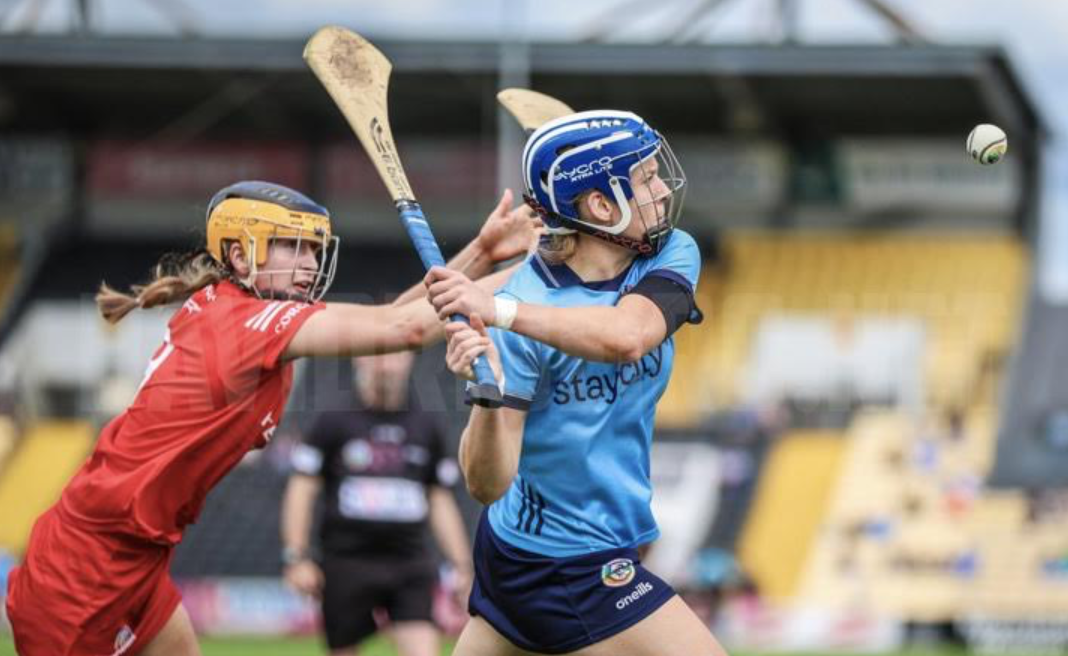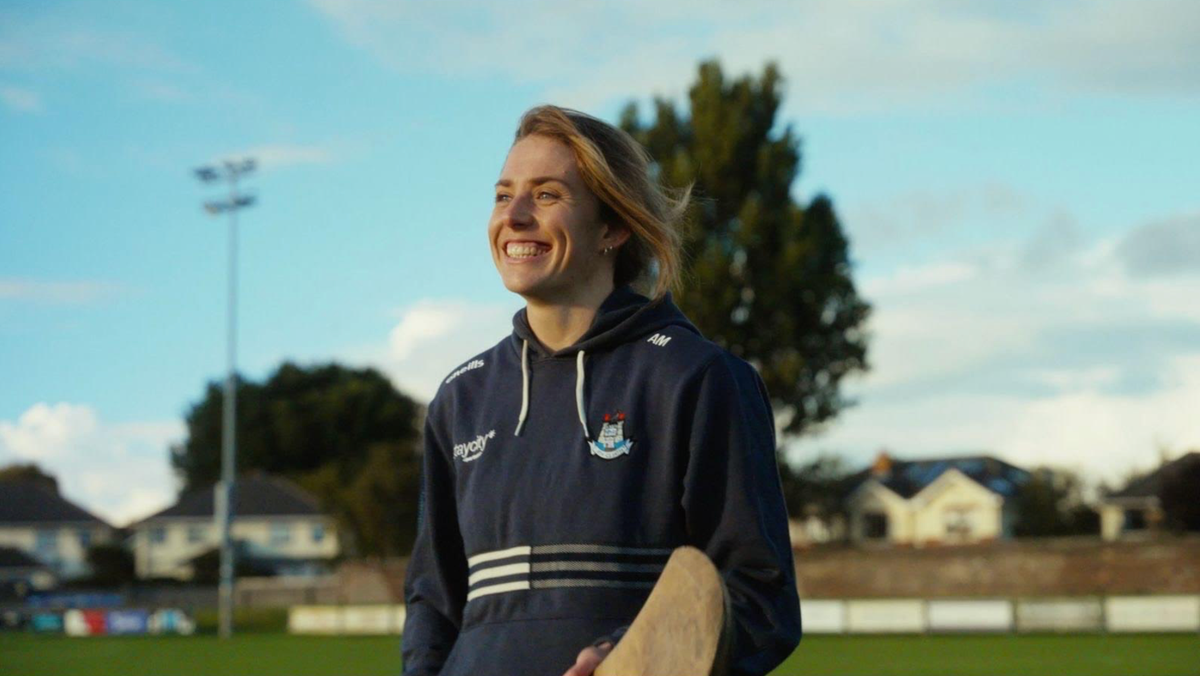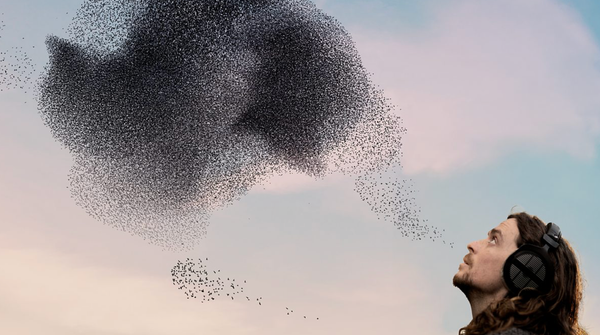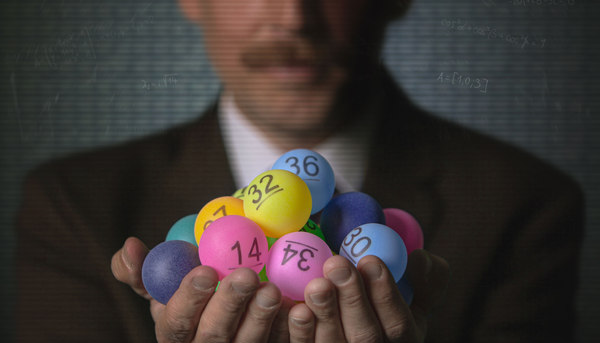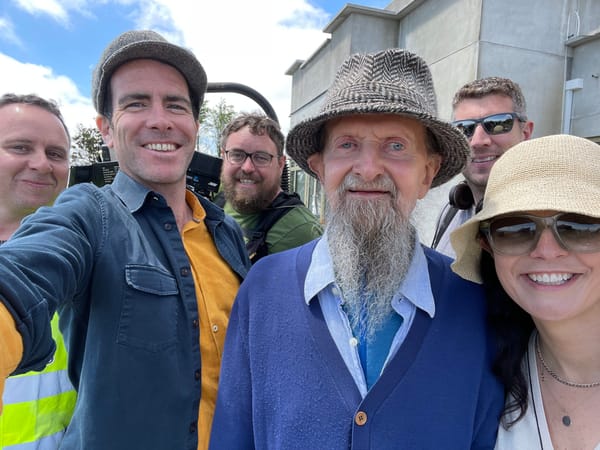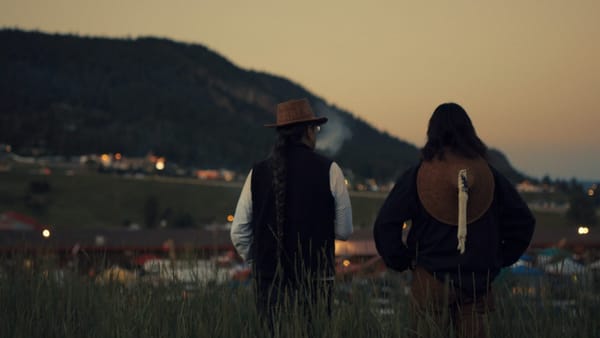Following the roar of the crowd and the intensity of the 2025 All-Ireland Championship, a new RTÉ documentary focuses on the dedication of Ireland’s top camogie players. The two-part series, Camogie: Inside the Championship, is the latest sporting documentary from Ross Whitaker. We caught up with Dublin captain Aisling Maher who reflects on her sporting journey to date and what it was like filming the episodes.
Where your love for the sport began?
I come from a family who have always played sport and both my sister and I were encouraged to participate in team sports, especially as kids. The house I grew up in shares a boundary with St Vincent’s GAA Club so sending me in there was probably inevitable. I actually wanted to play football first but St Vincents had no football for girls at the time, so after a brief stint with the boys I was redirected over towards the camogie teams.
Favourite sports documentary?
I loved the Michael Jordan documentary and also another film by Ross, Katie, which followed Katie Taylor.
What’s the hardest thing about it?
The toughest part is probably the injuries you inevitably get along the way, especially longer-term stuff that keeps you away from the team environment for a while. I think when you're so used to team sports it can become very difficult to stay motivated and dedicated on your own, so maintaining that team contact and camaraderie is so important during injuries.
...and what do you love the most?
The best part is definitely the relationships you build along the way. The majority of my best friends are people I've played with. I couldn't do the dark nights, early mornings and tough losses without them, and I know they will be in my life long after I've stopped playing.
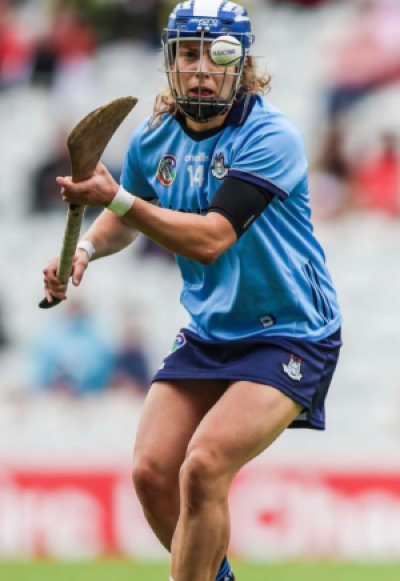
Can you tell us what it was like getting to know Ross and then having a documentary crew following the team?
Ross doing the documentary was something that was introduced to us early in the year. He started popping in and out to training and meetings from the start of pre-season so we all got used to him, and almost forgot he was there from early on. Once championship begins then there are more important things to focus on so you compartmentalise the filming pretty quickly. I think I immediately trusted him by the way Ross conducted himself. He wanted to tell our story, and show why we all play the sport we love, and give people an insight into how much we invest in it, how hard we work, and how lucky we are to play a game we love so much at the highest level. That made me relax in his presence and just trust him to do his job.
When the cameras started rolling, did you have any idea that this story, something so specific to camogie, would evolve into a nationwide conversation?
I don't think any of us envisaged the year unravelling in the way that it did, and I certainly didn't think that stories of this year's championship (both on and off the pitch) would reach such a huge audience, both nationally and abroad. You can't think about that when you're in it. But looking back now... it's insane.
Watching the series back, how does it feel to see your journey on screen?
It's a bit of a weird feeling. Every season is busy and with three competitions annually in camogie, you have to be able to forget about the last games or competition, and move onto the next one and refocus immediately, so you almost forget some of what happened along the way, and how big some of the news stories became, until you watch it all back again.
What was it like having the cameras rolling in your space during such a tense, emotional time?
It's a strange feeling. At some parts of the documentary I almost forget that cameras would have been present for some of the things that took place – pre-game team meetings or some of the more intense physio sessions when you're trying to make it back from injury for a game. You're so focused on what you're doing that you forget you've got a mic on or that you're being recorded. Then, when it comes to watching those scenes back from an outside perspective, it's an unusual feeling when it's almost like you're looking in on it, like a bit of an out-of-body experience.
What moments do you think the episodes cover that show what the public might have missed during the media storm?
The quality of the games being played and the skill of the players, particularly the standard of the All-Ireland Final this year. It was such a brilliant game with so many twists and such a close finish. It's a pity that game wasn't the biggest media story in camogie this year but I'm excited to watch it back from a new perspective in episode 2 of the doc.
Seeing yourself on screen made you reflect differently on your role in what happened?
In some ways yes, but the doc can only ever be a snapshot of what happened. There would never have been enough time to capture everything. The reality is that a phenomenal amount of work and energy went into this year. For that, I am very proud of the Dublin players especially, for the role they played in introducing an option to wear shorts for all players.
Can you tell me more about the protest?
It was a wider decision made by camogie players, prompted by the GPA’s report highlighting player frustration at the lack of choice in what we wore when we played. I had discussed the possibility with some of the Kilkenny player reps who were keen to take a stand on it. We both brought it back to our players and took a vote and everyone wanted the opportunity to make ourselves heard so we decided to just go ahead and wear the shorts. I don't think any of us ever thought it would blow up to the extent it did.
What were your frustrations that led you to that point?
The primary frustrations were that players felt that when the option of choice in uniform had come up previously and was voted on in congress, representatives hadn't represented how players actually feel in how they voted.
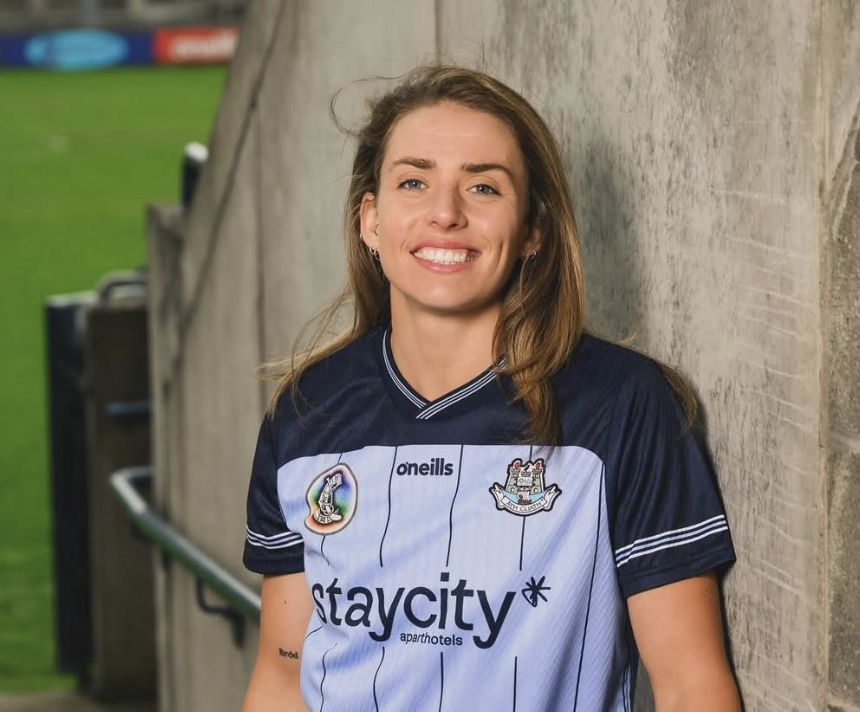
Did you expect it to blow in the media the way it did?
Absolutely not.
The protest resonated far beyond Ireland. Were you surprised by how international the response was?
Yeah, the extent of the reaction was honestly a bit insane. I think in hindsight the concept of women not being heard about simply being allowed to wear shorts while competing in high-level sport resonated far beyond the GAA world and maybe that's why it took off how it did. It was very strange at the time getting calls from radio stations and media outlets all over the world.
Do you see yourself as a role model?
I don't really think about it. For me, camogie has given me so much, and I feel so fortunate and I want other young girls to experience that too. For me, a big part of that is wanting our games to be more accessible and appealing to younger players, whether that means having a better expenses system in place for inter-county players, having better medical care for players, or allowing them to choose what they wear when they play. There is an obligation on present players to take opportunities to make a stand when they can improve circumstances or playing conditions for players coming behind us, the same way multiple players and teams did before us.
If this doc introduces camogie to new audiences, what do you hope they understand about the culture and community behind it?
I would like them to see the amateur nature of the game while appreciating the professional investment we all make in the sport. The community aspect of the game is also really special. Gaelic Games is unmatched in how we have maintained the community element of playing where you've grown up, as an amateur athlete, maintaining a job and life and family, all while investing a comparable amount of time and energy and attention into your sport as a professional athlete would.
Thank you so much for chatting with us.
Camogie: Inside the Championship is produced for RTÉ by Ross Whitaker and Kite Entertainment. The two-part series is available to watch on the RTÉ Player here.
